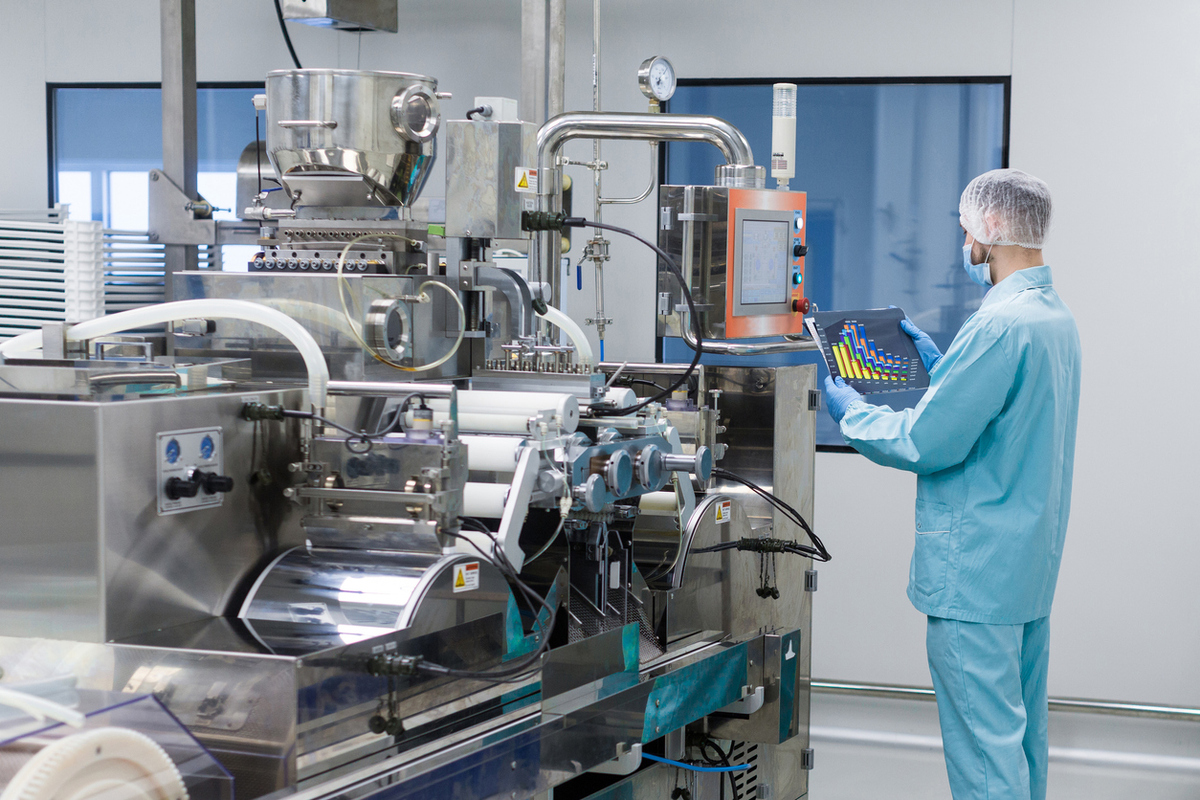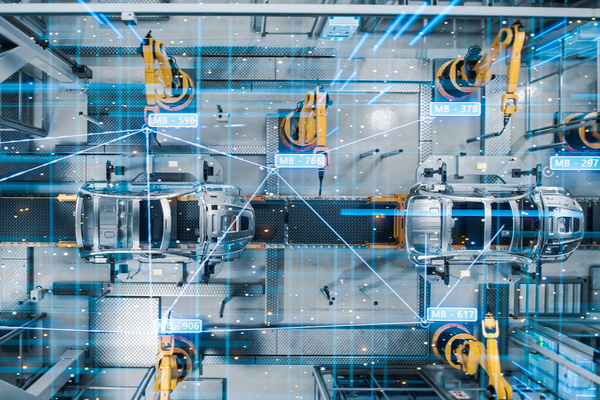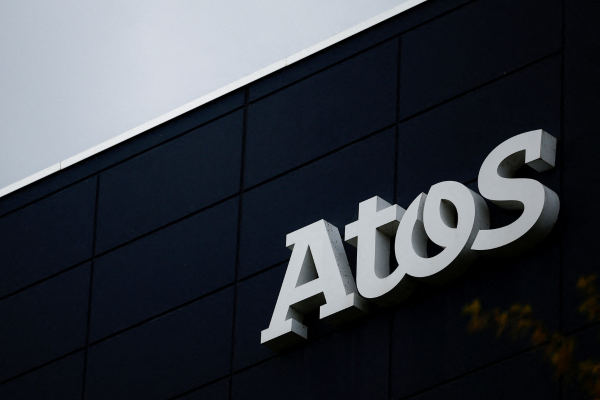To mass customise is to produce through custom eyes

by Nikesh Mistry, Sector Head – Industrial Automation, Gambica
The concept of a circular economy is an indication that a ‘sustainable world’ doesn’t necessarily require a decrease in the quality of life for consumers. Its primary focus is to manage our resources systematically, and one way in which we’re able to maximise the output of our resources is through mass customisation.
Henry Ford initialised the concept of mass production with his standardised assembly line back in 1913, but we’re now interested in how we can normalise mass customisation. Mass customisation is often described as a way of adding mass value to a consumer in the most efficient manner. It is the process of producing goods or a service as and when a consumer requires it and simultaneously tailoring it to their wants and needs without disrupting the production process and keeping costs aligned. This may initially sound visionary, yet with the utilisation of the right technology we are closer to achieving this paradigm than we believe.
Also known as made-to-order, mass customisation has already begun its journey through various companies in tailoring products and services to suit each individual. The development of different social media platforms has exponentially increased the choices available for consumers and, in turn, their wants and desires. Modern society has become more informed and connected than in any other previous generation. A sense of individual empowerment can be achieved simply through being able to demonstrate to the world that something has been tailored directly to your needs or co-created by your own ideas.
With this in mind, does that complicate the ability to create a unique product for each customer? Perhaps it unlocks a horizon of opportunity? The developed technologies we have allow us to address the barriers of mass customisation that may previously have been a hindrance. The possibilities are now endless. With 3D modelling we are able to envision a product or service before an actual output, enabling a saving in both time and cost. For example, we can see what a particular item of clothing looks like on a replica of ourselves or even foresee any physical drawbacks of a mechanical construction before it has been developed. It promotes a buyers’ market where lean production is the ulterior motive.
Moreover, the data collected from allowing consumers to customise each item they purchase activates an ability not only to adapt to users’ habits but also to produce and store data that can be used to influence future research and development. This level of data can save initial development costs while also formulating a platform for dynamic pricing by which we can price according to spending behaviour. All this is achievable using minimum labour hours and with minimal resources. Using social media as a form of free marketing also allows an ability to fully understand the wants of a consumer – something that had not previously been a possibility.
Essentially, mass customisation is only as powerful as the outcome of productivity crossed with the ability to customise. With the technology readily available and generations becoming increasingly active on social media, both high productivity levels, and the ability to customise, are not only achievable but formulate the ultimate example of market segmentation. With artificial intelligence being utilised to enable the manufacturing process to learn from previous errors and collect data to customise before investment, the risk of overspending on R&D and stockpiling can be diminished. Many companies are already adopting methods of mass customisation and those who haven’t yet may find the steps are far more reachable than they ever have been before.
Nikesh Mistry is Sector Head – Industrial Automation at Gambica. If you would like to share your opinions with like-minded people as to how the digitalised world is evolving, visit gambica.org.uk. Contact Nikesh on LinkedIn or Twitter.

Business Reporter Team
Most Viewed
Winston House, 3rd Floor, Units 306-309, 2-4 Dollis Park, London, N3 1HF
23-29 Hendon Lane, London, N3 1RT
020 8349 4363
© 2024, Lyonsdown Limited. Business Reporter® is a registered trademark of Lyonsdown Ltd. VAT registration number: 830519543





